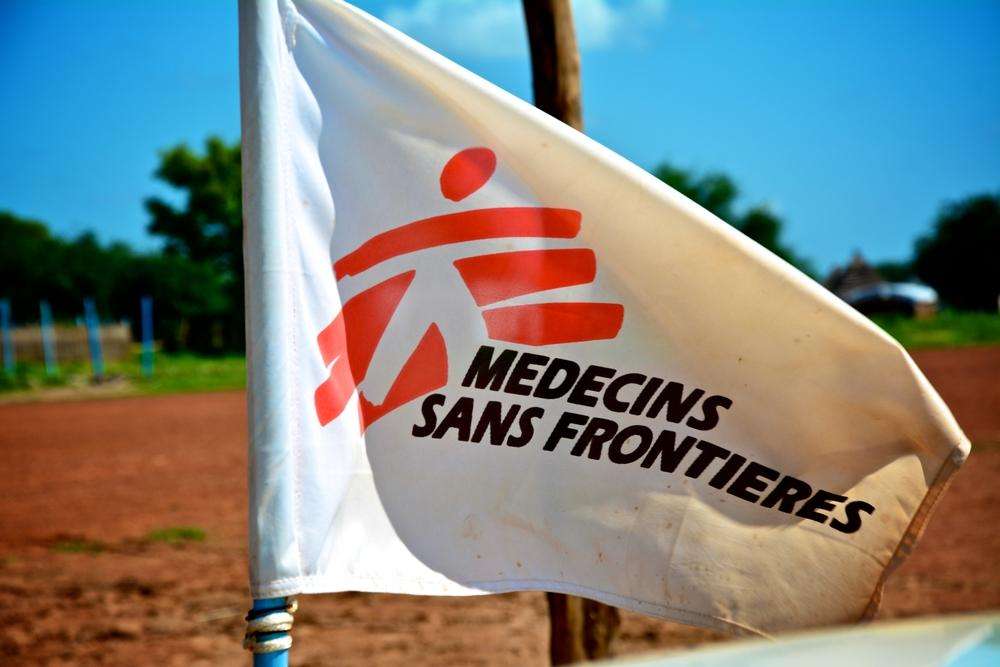APRIL 3, 2018—In response to an international conference underway today in Geneva, where governments are pledging funds for aid in Yemen, Mercedes Tatay, Doctors Without Borders/Médecins Sans Frontières (MSF) international medical secretary, gave the following statement:
"Money alone is not enough to meet Yemen's urgent humanitarian needs. The pledges made today by donor countries are obviously essential; however, they must be complemented by much more robust action on the ground. From what our patients and our field teams tell us, humanitarian assistance is still failing to reach many affected communities in Yemen. This is largely due to ground fighting that has blocked certain parts of the country, and due to the administrative barriers that make it difficult, sometimes impossible, for aid supplies and aid workers to reach areas where the needs are highest. Even in remote areas that are more easily accessible, other humanitarian actors must intervene and increase their presence to meet the needs.
"At the same time, people continue to face immense challenges reaching medical facilities. The restrictions on imports have meant that fuel costs have increased beyond people's means, and many health facilities have run out of supplies, been abandoned, or been damaged by the brutal conduct of the warring parties. In the few health facilities that are still operational, many health staff have not received salaries in more than a year and are forced to seek paid employment elsewhere.
"In addition, needs on the ground in Yemen must be the only factor determining how the pledged money is allocated. Donor governments, particularly those involved in the conflict, must not use their pledges for political leverage in Yemen, as this could be more detrimental to communities where existing barriers are already blocking the provision of aid.
"Only when these issues are addressed comprehensively can we expect an efficient provision of aid, where the most vulnerable communities are able to receive the assistance they need."
MSF works in Yemen to support people affected by the conflict on all sides, working in 13 hospitals and health centers and providing support to more than 20 hospitals or health centers across 11 Yemeni governorates. MSF does not accept funds from any party to the conflict for its work in Yemen.
MSF Statement on Yemen Donor Conference: Aid Still Failing to Reach Many in Need

SOUTH SUDAN © Valérie Batselaere/MSF



